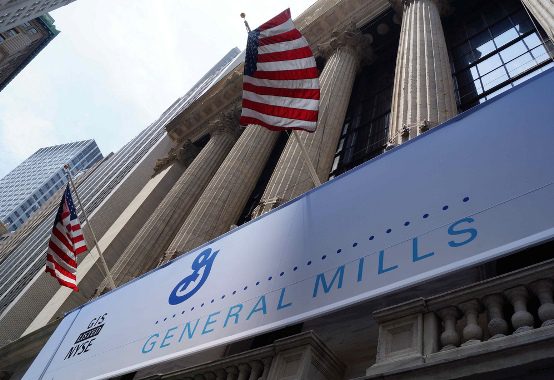General Mills and Consumers’ Contracting Access to Courts

In films, signing a contract is a considered, deliberate affair. Pens are inked, notaries are summoned, and stamps thud down as witness. But, in the eyes of General Mills, rights could be signed away with the beep of a supermarket scanner or the click of a “Like” button.
With a new revision to its online terms of service, General Mills has informed its customers that redeeming a cereal coupon constitutes a binding agreement to give up their rights to sue the company. Instead, if they are unsatisfied with their Wheaties, they could only settle the complaint through private arbitration. In arbitration, the customer brings suit to a private court, chosen by the company, which is not bound by the ordinary legal system.
After a flurry of complaints, General Mills first clarified their policy, addressing concerns that their language was so broad, that it seemed like almost any interaction with the company, from a Facebook like to just purchasing their goods, might entail giving up rights to a day in court. In fact, according to the company, if you just plain like their products, and indicate as much on Facebook, you’re in the clear. But, if you receive a coupon in exchange for your “Like,” you’re out of luck in the case of a dispute.
When these statements failed to mollify consumers, General Mills dropped the new language completely. But although General Mills was forced to back down in less than a week, other companies have managed to make coercive contracts stick, even when the terms of the contract may be illegal.
In 2010, a British gaming company parodied the contractual creep of end user license agreements (EULAs) by adding a clause to theirs that stated that customers must sign over their souls in order to play; some companies have slipped in language almost equally absurd. Dentists using contracts from a company called “Medical Justice” inform their customers that, in order to have their teeth cleaned, they must surrender their ability to write bad reviews of the practitioner. As one Ars Technica reporter discovered when he went in for his checkup:
[I]t asked me to “exclusively assign all Intellectual Property rights, including copyrights” to “any written, pictorial, and/or electronic commentary” I might make about Dr. Cirka’s services, including on “web pages, blogs, and/or mass correspondence,” to Dr. Cirka. It also stipulated that if Dr. Cirka were to sue me due to a breach of the agreement, the loser in the litigation will pay the prevailing party’s legal fees.
Some banks have gone even farther than that dental contract, stipulating that the customer was responsible for all of the banks “losses, costs, and expenses” even if the customer wins the lawsuit. A 2012 report by the Pew Charitable Trusts (which I worked on while employed there) found that four of the 12 largest banks in the United States included these kind of “if you win, you lose” agreements.
Each of these provisions is about as unenforceable as the gaming company’s claim on your soul, but the legality of the language only matters if a customer actually plans to contest the contract in front of a judge. A suited representative from the company saying, “You did sign” can have a chilling effect on victims, who back away from a dispute and never learn that the provisions would have been voided.
It’s become harder for consumers to put companies to the test since the 2010 Supreme Court ruling in AT&T v. Concepcion, in which the Court held that not only could AT&T bar its customers from going to court, but it could also forbid them from managing any arbitrated complaint as a class. Each customer’s claim had to be dealt with singly.
Barred from the economy of scale of a class action, many customers will forgo a possibly expensive complaint process. After all, even Ars Technica‘s reporter didn’t bother to contest his dentist’s new contract. Rather than spend thousands in legal bills to dispute the gag provision, he switched dentists, wrote his article, and relied on the court of public opinion, instead of a court of law.
It may be quicker to roll back abusive contracts by making them a matter of public scandal, but while General Mills was caught by this extrajudicial judgment, other companies have succeeded at evading controversy for terms just as onerous. The fickle attention of the court of public opinion only underscore the need for what General Mills aimed to preempt: recourse to the due process of the nation’s courts for every consumer.